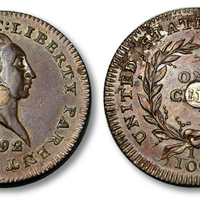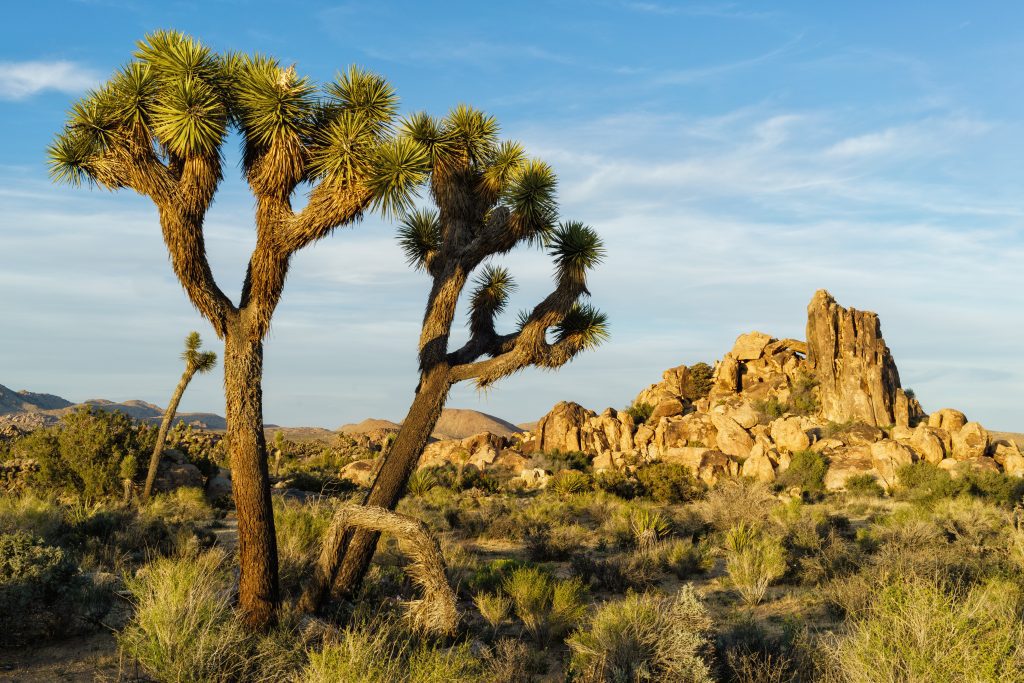Our Rolling Bubble Bubble Burst Cycle
I'm talking about credit bubbles. Boom bust would happen anyway from a somewhat fixed quantity of money in relation to the unfixed, but dynamically growing economy.
Another cause, of boom bust would logically be, similar to what Piketty discusses, a faster growth in the private ownership, control of the economy than of the growth of the material economy as a whole. If one sums the aggregate of private profit, at t2, time 2, and compares it to the material growth private entities each imagine (based on applying that growth rate to wealth at t1) would exist, and compares that to the actual material growth of the economy as-a-whole: naturally frequently the first number is often larger than the second because the goal of each private entity is private, not public profit. That private profit has grown does not imply the total quantity of, hard, money is any larger (though credit might likely expand to fill the gap), as such profits may be expressed in capital assets. My idea is this mismatch expresses itself in an inflation that is confined to capital with a mismatch to the lower-than-that net sum of real growth. This gap in expectations among investors and businesses leads to a crash. My one of two theories of the, basic, business cycle: excess aggregate monetary profit over material growth due to the purely private goals of the private economy matched against the public needs of the common market: an inflation confined to finance and capital--hence, a "boom." This one: too much money chasing too few goods, but confined to finance: not a general inflation. It would occur as a limited sectoral inflation, it seems to me even with a fixed total quantity of money, it being limited to the financial sector. I'll leave this one to Piketty, as it takes me away from my topic. He proposes taxes, but brings up the problem of tax competition between nations, which he addresses with the idea of coordinating taxes internationally. But again, I leave that to Piketty: you go and read his five hundred page book.
I mentioned just before that, my other working hypothesis on boom bust. In contrast to this one, of too much private money chasing too few publicly purchasable real goods, the other working hypothesis is the opposite: too much material growth chasing too little money, or chasing too little investment or reinvestment. Again: the imbalance, that unbalance is the connecting thread. I think this works out in two ways: in the boom, and in the stagnant economy. Commentators tend to treat the current condition as simply natural--nothing we could do differently, but take for instance the boom--treated by everyone but the Fed, who regularly go about trying to burst it--as prosperity, but in hindsight as a bubble--but actually, the same event. But back to the topic
In the case of the boom: we assume it is a hard money bubble: too much investment chasing increasingly imaginary, financialized goods. Yet in the general case of a real boom, one has real growth. Such real growth is both of real goods and services needing to be mopped up by a growing money supply, but also of the economic growth engine, also needing the financial fuel of reinvestment. This gap, in my working hypotheses, leads to the bust of boom bust.
Note, throughout the nineteenth century, we had this boom bust cycle. And unless we entirely blame it on previous incarnations of our central bank, or on the lesser credit bubble burst of private banks, to me, it was because of gold. Gold was to blame, is what I think: there was not enough, could not be enough gold, except at the time of the California and Alaskan Gold Rushes, or at the time of the Founders, when the world was still flush with Spanish gold. I think the problem today is the same: hard currency, not enough of it. To quote the presidential candidate, at the Democratic Party National Convention: though shalt not crucify this nation..." speaking of the need for a system based on plentiful silver coin and silver bullion-based paper currency and deposits and clearing.
So we built the Federal Reserve System, to fill in that gap, that there was not enough hard currency: a system always backing up the banks in their credit expansions through a central nationwide clearing house for nightly and Wednesday clearing of credits and debits through interbank lending and occasional discount window overnight loans. A credit, soft money system for the dollar to solve, to smooth over the boom bust and provide the central clearinghouse by which credit could help the economy grow. In many ways, the U.S. has the least lethargic most dynamic economy on earth. But we also have this every time worse than the last one rolling credit bubble bubble burst, reinflate, no, not with hard money, with credit, and repeat cycle.
Our vision of government spending creating inflation causes the shortage of hard money that causes this dependence on the credit cure. It also means we hesitate to plow money into the common wealth of the people, because we are anti-government: that is the cause, a lack of real supply of goods and services, a gradual financialization, the cause of our incessant grinding two percent inflation. The really big inflations were but three, or if we count this, purely politically created one, four. Each had it's specific cause. Boom bust has, except for those cases, always been confined to financial sectoral inflation and never was accompanied by a general large-scale inflation. That is because the boom of the boom is always at least partially real growth, and real growth means supply and supply means lower prices in the supply demand equation. When demand is accompanied by supply, there can be no inflation.
The Federal Reserve was created I feel to address the boom bust of gold in the Gold Standard era, and to regulate the banking credit bubbles gold as a currency inevitably creates. But it never once worked, it has only ever made our problem worse and worse until it is out of control and has become a world wide political problem to the point that now, worldwide, Democracy itself appears to have met its end. I do not say end the dollar, go back to gold. But just: it is time to end the Fed.

www.newstarget.com




